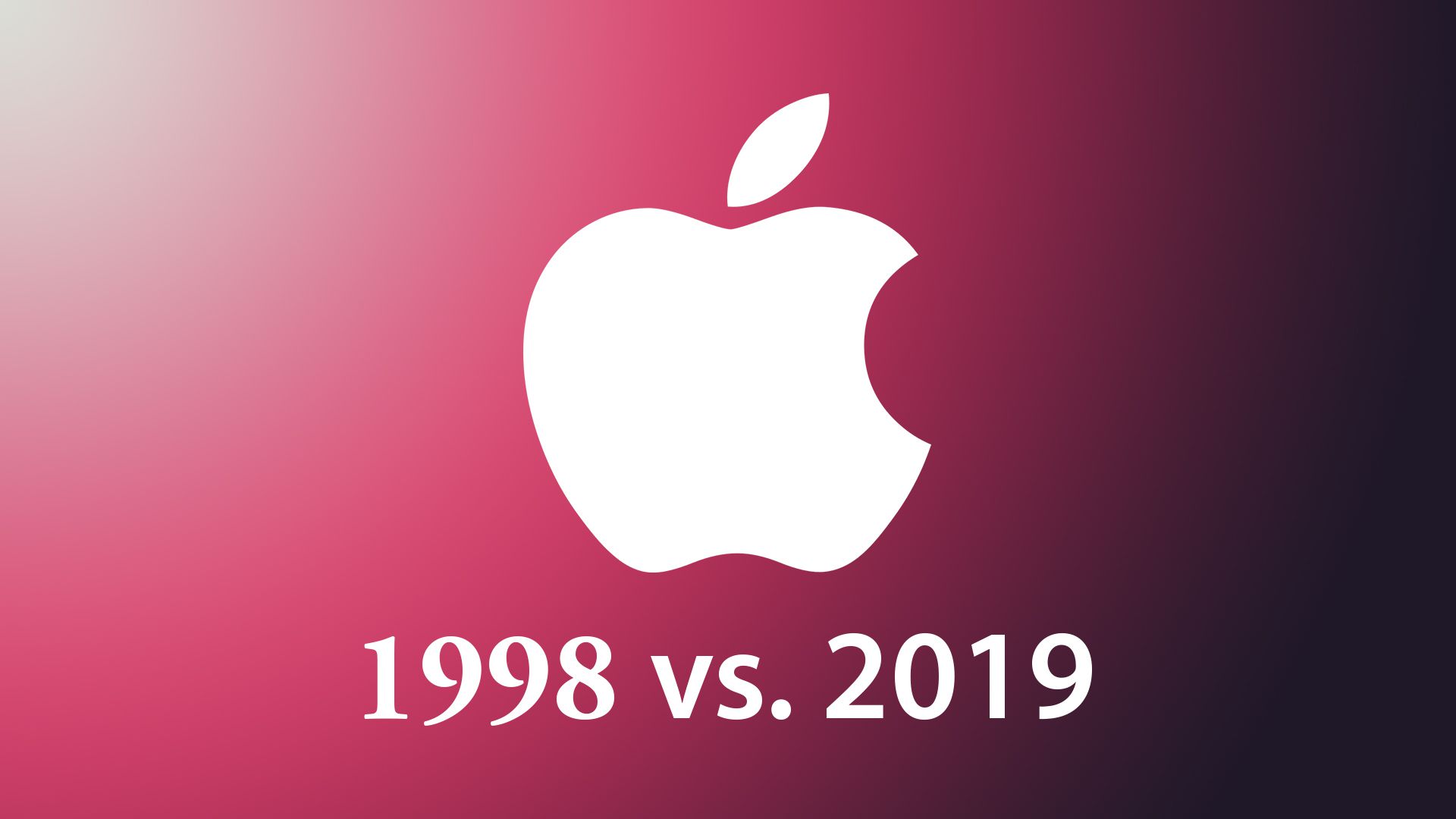I'd caution against comparing Geekbench scores and proclaiming A14 is on par with Tiger Lake and Zen 3. On that note.
The Surface Pro X scores very similar to Intel i5 10210U but the latter runs circles around Surface Pro X in Windows 10, at literally everything. In fact, the Surface Pro X is a classic example of how synthetic benchmarks cannot be trusted to represent real world usage.
We will see soon (next week) whether AS is up to the task, but I'd say:
1. Apple most likely won't come out with worse performing machines. So we know performance will be good. What's unknown is how power scaling will work here. Real world would say: it's not linear. I'd believe AS is more efficient than whatever Intel can cook up, but perhaps not by as much as many are thinking. We may get 10 hours of battery life with the first AS Macs but I'm not expecting more. And I'm also not expecting fanless.
2. There is no way in hell they'll sell AS Macs for cheap. Even if they can make the chips for cheaper than whatever Intel is selling them, the fact is that Apple still has to recoup R&D costs. If anything, I wouldn't be surprised if AS Macs are even more expensive than their Intel counterparts.
3. Graphics performance is the big unknown here. Will Apple be able to match Navi 2 performance? Also, it's worth noting that Big Sur already has references to new AMD GPUs, so that makes graphics performance of AS chips not so amazing. Beating Intel's integrated solution is honestly not really all that impressive.
4. And what about support for Thunderbolt 3 eGPU? Will AMD provide AS-specific drivers? Or are our external GPUs worthless now? Granted, they weren't even that useful before, but quite a few of us have eGPU docking stations in our current setups. I'm curious if Apple will still allow eGPUs to be connected. If not, it's not a big deal to me, but it means my AS Mac is less "upgradable" than my Intel Mac then.
I wouldn't bet on there being no catch at all for the first AS Macs. Realistically, I'd say I can safely assume performance is about on par with my current Intel Macs, and maybe the chips will run cooler overall, but I honestly think many are extrapolating too much on synthetic benchmarks



